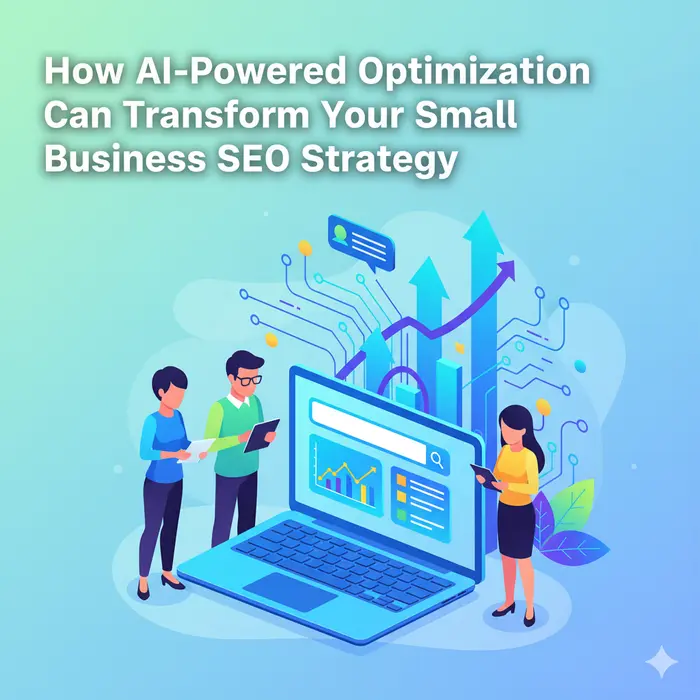Technology has transformed the way people work, live, and interact with their surroundings. What once seemed futuristic is now part of daily life — from intelligent home devices to self-operating machines in workplaces. Smart automation has emerged as one of the most impactful technological trends, bringing efficiency, speed, and personalisation to multiple industries.
Today’s smart systems go beyond basic functionality. They think, learn, and adapt to user behaviour. This shift is driving innovation in many sectors, from retail and logistics to healthcare and education, setting the stage for a more connected and automated future.
The Evolution of Smart Systems
Smart systems are designed to make processes easier and more efficient. Initially, automation focused on performing repetitive tasks, but with the rise of artificial intelligence (AI) and the Internet of Things (IoT), these systems have become far more advanced.
Now, they can sense their environment, collect data, and make real-time decisions. For example, automated lighting adjusts based on occupancy, security systems recognise faces, and digital kiosks guide customers without human help. These innovations are not only increasing convenience but also reducing operational costs.
The real power of smart systems lies in their adaptability. They are built to grow with the user, improving functionality over time and ensuring better performance.
Everyday Life Powered by Technology
One of the most exciting aspects of modern technology is how seamlessly it fits into daily routines. Smart speakers respond to voice commands, wearable devices track health metrics, and automated systems manage workplace lighting and temperature.
Automation is also expanding in public spaces. For instance, transportation systems use smart sensors to manage traffic flow, airports rely on automated check-ins, and businesses leverage AI chatbots to improve customer support. These advancements reduce waiting times, enhance productivity, and create a more convenient environment for users.
The Role of Automation in Business
Businesses today rely on technology more than ever before. Automation helps streamline workflows, cut down costs, and increase efficiency. From inventory tracking and supply chain management to digital marketing and customer service, smart systems support almost every function.
Retail, in particular, has seen a massive transformation. Automated kiosks and self-service solutions are changing how customers shop. Companies can now provide 24/7 services without depending on manual staff, offering quick and easy access to products and services.
The Power of Personalized Solutions
Generic systems may work for some businesses, but many organisations are now looking for solutions that fit their specific needs. A personalized vending machine, for example, can be designed to offer unique product assortments, accept multiple payment modes, and collect data on consumer behaviour.
Unlike traditional vending machines, these smart systems use sensors, cloud connectivity, and AI to provide a seamless and customised customer experience. Businesses can restock intelligently, adjust pricing dynamically, and even display personalised recommendations. This kind of innovation opens new doors for industries aiming to provide fast and tailored services.
IoT: The Backbone of Smart Technology
The Internet of Things (IoT) connects multiple devices, allowing them to communicate and work together in real time. This technology is at the heart of most automation systems.
IoT sensors collect data, transmit it to a central system, and trigger specific actions based on pre-defined conditions. For example, if a vending machine runs out of a certain product, it can automatically send a notification for restocking.
The ability to integrate IoT into devices is what makes modern automation so intelligent. It allows businesses to operate more efficiently, reduce human error, and deliver better services to their customers.
Why Custom Technology Is Important
Every business operates differently, which is why ready-made solutions often fall short. Custom-built systems allow organisations to incorporate features that align with their goals, making them more effective in the long run.
Many companies choose to work with experienced technical experts to build these solutions from the ground up. For example, businesses may aduino programmer for hire to design flexible and scalable smart devices that suit their operations. Arduino technology is widely used in automation because it’s affordable, reliable, and easy to integrate with other hardware and software systems.
Data-Driven Innovation
Data plays a crucial role in how smart systems operate. Each automated device collects valuable information that can help improve services. Analysing this data provides insights into customer preferences, machine performance, and potential areas for improvement.
In a retail setting, for example, data from smart vending systems can reveal which products are in demand, helping businesses adjust inventory and pricing strategies. This makes the system not only convenient but also strategically valuable.
Data-driven automation leads to better decisions, increased efficiency, and stronger customer engagement.
The Human Impact of Smart Technology
Even though smart systems handle many automated tasks, their ultimate purpose is to enhance human experience. They simplify processes, reduce the need for manual effort, and make everyday interactions smoother.
For employees, this means less time spent on repetitive work and more focus on strategic activities. For customers, it means faster services, better personalisation, and improved satisfaction.
Importantly, human input remains essential in shaping how technology evolves. Smart systems must be designed to be user-friendly, secure, and adaptable to people’s changing needs.
Future of Automation and Personalization
The future of technology is heading toward more intelligent, personalised, and integrated systems. As AI continues to evolve, machines will become better at understanding human behaviour and making decisions.
Smart workplaces will be able to self-regulate, retail systems will offer deeply personalised experiences, and automated logistics will make deliveries faster and more accurate. Vending solutions, in particular, are expected to expand into new sectors — from healthcare and education to fitness and entertainment.
Automation is not just about efficiency; it’s about building smarter environments that enhance everyday life.
Conclusion
Smart technology is redefining how people and businesses interact with the world. From IoT-enabled devices to personalised retail solutions, the opportunities for innovation are endless.
Whether it’s implementing a personalised vending machine or partnering with an Arduino programmer for hire to create tailored automation systems, organisations now have powerful tools at their disposal.
This shift toward intelligent automation is not just a trend — it’s the foundation of a more efficient, connected, and adaptive future.





